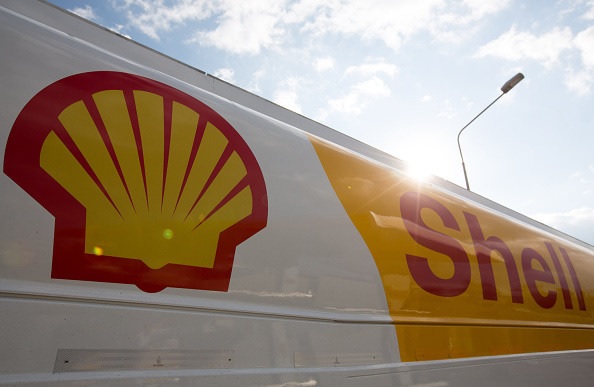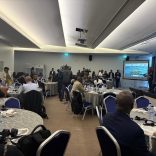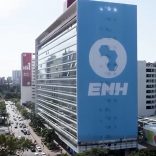Mozambique: Resource extraction 'archaic model' - energy expert
Shell warns of global LNG shortage as demand surges

The Anglo-Dutch oil company Shell has warned that by the middle of the next decade there could be shortages in the liquefied natural gas (LNG) market unless new investment is undertaken soon.
In its annual report on the LNG market, Shell pointed out that the LNG market has defied the expectations of many observers, with demand growing by 29 million tonnes to 293 million tonnes in 2017.
Whilst Japan remained the largest importer of LNG, the growth of demand from China moved it into second place ahead of South Korea. This was due to Chinese policies to switch from coal to gas to reduce air pollution.
The company expects continued increases in demand. According to Shell’s Maarten Wetselaar, “we are still seeing significant demand from traditional importers in Asia and Europe, but we are also seeing LNG provide flexible, reliable and cleaner energy supply for other countries around the world”.
However, Shell warns that “following the wave of investment from 2011 to 2015, final investment decisions on LNG projects have nearly stopped. As LNG projects generally take more than four years to start production, new supply will not be ready until well into the next decade”.
Shell adds that buyers are signing shorter and smaller contracts, with average contracts last year having a length of fewer than seven years. A further problem is that as the market changes, so do the buyers, some of who do not have credit ratings as sound as the traditional buyers.
As a result, “a mismatch in requirements between buyers and suppliers has emerged that needs to be resolved to enable project developers to make final investment decisions needed to ensure enough future supply of this cleaner-burning fuel. Most suppliers are still seeking long-term LNG sales to secure financing. But LNG buyers increasingly want shorter, smaller and more flexible contracts to remain competitive in the downstream power and gas markets in which they operate”.
The report did not mention Mozambique, as Shell does not have any stake in the gas-rich Rovuma Basin in the north of the country. However Anadarko, the operator in offshore Area One, is slowly entering into contracts with buyers for LNG from its planned Mozambique project.
Earlier this month Anadarko entered into a long-term Sale and Purchase Agreement with Électricité de France (EDF). Under this agreement, the consortium (known as Mozambique LNG1 Company Pte. Ltd) will supply EDF with 1.2 million tonnes of LNG a year for a period of 15 years.
READ: Shell investment in Cabo Delgado could generate 12,000 jobs
Watch: Mozambique government and Shell enable local use of Rovuma Basin gas
Last year it was announced that the Thai state-owned hydrocarbon company PTT is to purchase 2.6 million tonnes per year of liquefied natural gas (LNG) from the consortium. However, the agreement has not yet been signed. It is not expected that Anadarko will make its final investment decision until this and other Sale and Purchase Agreements are formalised.
Anadarko’s LNG plant will have the capacity to produce about 12 million tonnes of LNG per year, and it is expected that production will begin in 2022 at the very earliest.
The Area One consortium consists of Anadarko with a 26.5 per cent stake, Mitsui of Japan (20 per cent), PTTEP of Thailand (8.5 per cent), the Indian companies ONG Videsh, Beas Energy Rovuma and BRPL Ventures Mozambique (10 per cent each), and Mozambique’s own National Hydrocarbon Company (15 per cent).
Anadarko will not be the first company to liquefy and export Mozambican natural gas. The Italian energy firm ENI and its partners are building a floating LNG facility directly above the Coral South gas field in Rovuma Basin Area Four, which is expected to export its first LNG by 2022.













Leave a Reply
Be the First to Comment!
You must be logged in to post a comment.
You must be logged in to post a comment.